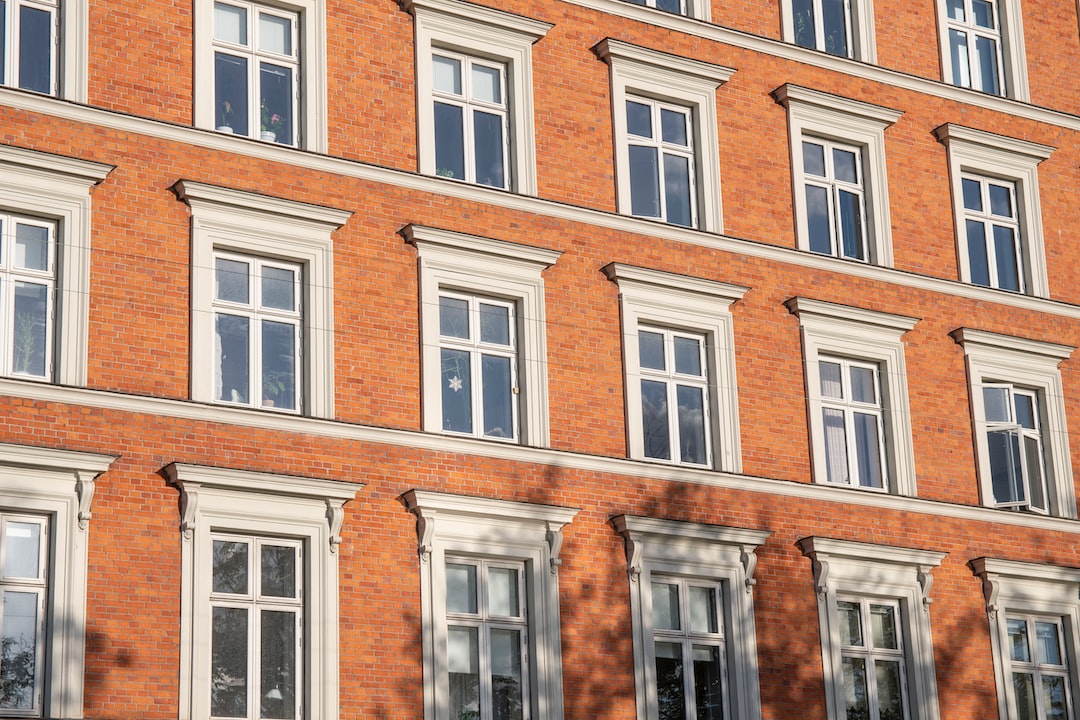The Impact of COVID-19 on the Property Market
The COVID-19 pandemic has undoubtedly affected various sectors of the economy, and the property market is no exception. With strict lockdown measures, reduced economic activity, and widespread uncertainty, the property market has experienced significant shifts and challenges. In this blog post, we will explore the impact of COVID-19 on the property market and discuss the current trends and future prospects.
1. Initial Disruption:
When the pandemic started, the property market faced sudden disruption due to the imposition of lockdowns and travel restrictions. Real estate agents and property developers had to adapt quickly to virtual solutions, such as online property viewings and remote transactions. The initial uncertainty and fear among buyers and sellers resulted in a temporary freeze in activity.
2. Change in Demand:
The COVID-19 crisis has significantly altered the demand for properties. With remote work becoming the new norm and people spending more time at home, the demand for larger properties with dedicated workspaces and outdoor areas increased. On the other hand, the demand for urban apartments and small condominiums reduced as people sought larger living spaces away from densely populated areas.
3. Shift in Location Preferences:
The pandemic has also led to a shift in location preferences. With the implementation of remote work policies, many individuals and families have started to consider living outside of major cities. The desire for more space, lower living costs, and the ability to maintain social distancing have prompted a surge in suburban and rural property demand. Moreover, areas with access to nature, such as mountains or coastlines, have become increasingly popular.
4. Impact on Rental Market:
The rental market has been significantly affected by the pandemic. With job losses and financial strains, some tenants have struggled to pay rent, resulting in an increase in evictions and vacancies. Rental prices in urban areas have also experienced a decline due to reduced demand. Conversely, rental demand in the outskirts of cities and suburbs has increased, driving up prices in those areas.
5. Delayed Property Transactions:
Amidst the uncertainty and economic downturn, many property transactions have been delayed or canceled. Buyers have become more cautious about their investments, and sellers have hesitated to put their properties on the market. The scarcity of transactions has caused a bottleneck in the property market, resulting in a decrease in overall sales volume.
6. Government Intervention:
To mitigate the impact of COVID-19 on the property market, governments around the world have implemented various measures. These include interest rate cuts, mortgage payment deferrals, and financial assistance programs. Such interventions aim to encourage property buyers and support homeowners facing financial difficulties, thereby providing stability to the market.
7. Bargain Hunting and Investment Opportunities:
While the pandemic has created uncertainties, it has also presented opportunities for those with a long-term perspective. Property prices may experience a temporary decline, making it an ideal time for buyers looking for good deals. Investors with available capital may consider acquiring properties at lower prices with the expectation of appreciation in the future.
8. Future Outlook:
As vaccination programs are rolled out and economies gradually reopen, the property market is expected to gradually recover. However, the long-term impact of COVID-19 may shape the market differently in the post-pandemic era. For example, the shift towards remote work and digitalization may continue to influence location preferences, with suburban and rural areas potentially continuing to grow in popularity.
In conclusion, the COVID-19 pandemic has had a significant impact on the property market. Demand has shifted, location preferences have changed, and property transactions have been delayed. The rental market has been particularly affected, while government interventions have provided some stability. Nevertheless, there are also investment opportunities for those who are willing to seize them. Looking ahead, the property market is expected to gradually recover, but long-term changes in preferences and buyer behaviors may persist.

